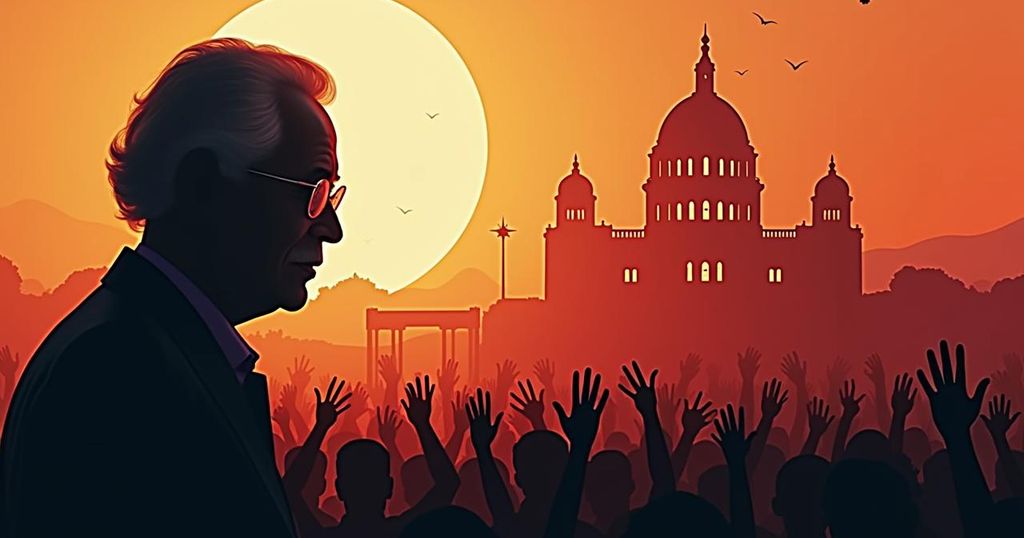The Enduring Political Legacy of Jimmy Carter and Its Relevance in 2024
Jimmy Carter, the first president to celebrate a 100th birthday, profoundly reshaped American politics during his presidency, particularly through the introduction of the primary election system and debates. His struggles within his own party illustrate the complexities of governance, while his post-presidential activism contributes significantly to his enduring legacy. As the 2024 election approaches, the effects of Carter’s presidency are increasingly relevant.
Jimmy Carter, the 39th President of the United States, holds the distinction of being the first incumbent to reach his 100th birthday, marking nearly half a century since his presidency began in 1977. His ascent to the presidency came during a crucial transitional period in American politics characterized by the fallout from Vietnam and Watergate. Through his 1976 campaign, Carter pioneered a nomination process heavily reliant on primaries, caucuses, and candidate debates, thereby reshaping the trajectory of future presidential elections. Despite serving only a single term, Carter’s administration faced lingering issues such as inflation, energy crises, health care, and Middle East tensions, notably with Iran. His tenure served as a case study in political dynamics, illustrating the pitfalls of intra-party conflict, evidenced by his eventual defeat to Ronald Reagan in 1980, which catalyzed the rise of the conservative movement now prevalent in contemporary political discourse. Historians recognize Carter’s presidency as more influential than often acknowledged, with enduring implications on the political landscape. His embrace of an anti-establishment image resonated with future leaders, many of whom adopted similar outsider narratives to connect with voters disenchanted with traditional political establishments. Carter’s difficulties within his own party foreshadowed challenges faced by successors, as his push for reforms often put him at odds with prominent Democrats, resulting in significant primary opposition. After leaving office, Carter became a prominent figure in humanitarian efforts, influencing global issues through his post-presidency activities while also providing pointed critiques of subsequent administrations, regardless of party lines. As the current political landscape approaches the 2024 elections, echoes of Carter’s legacy resurface in discussions surrounding election integrity and interpersonal political dynamics, reminding voters of the complex interplay between governance and popular sentiment. His personal messaging conveys a sense of continuity and hope, embodying the spirit of public service that remains relevant today.
The article examines the long-lasting impact of Jimmy Carter’s presidency on contemporary American politics as we approach the 2024 elections. Carter’s presidency not only introduced significant changes to how presidential candidates could secure nominations but also set numerous precedents that current candidates still follow. The article delves into issues that Carter grappled with during his presidency—economic challenges, foreign relations, and health care—that resonate in today’s political discussions, highlighting the cyclical nature of political issues. In addition, Carter’s post-presidential activism and his contributions to society shaped his legacy and underscored the importance of public service, echoing into the current political era.
In conclusion, Jimmy Carter’s influence on American politics extends far beyond his single term as president. His establishment of a primary-centric nomination process and his outsider approach to governance set a framework that continues to resonate with candidates today. Despite enduring criticism during his presidency, Carter’s legacy is marked by his humanitarian efforts post-office and the challenges he faced, some of which remain pertinent in today’s political climate. As we approach the 2024 elections, the reflections on Carter’s presidency reveal significant lessons about political dynamics and the nature of leadership in the United States.
Original Source: www.usatoday.com




Post Comment